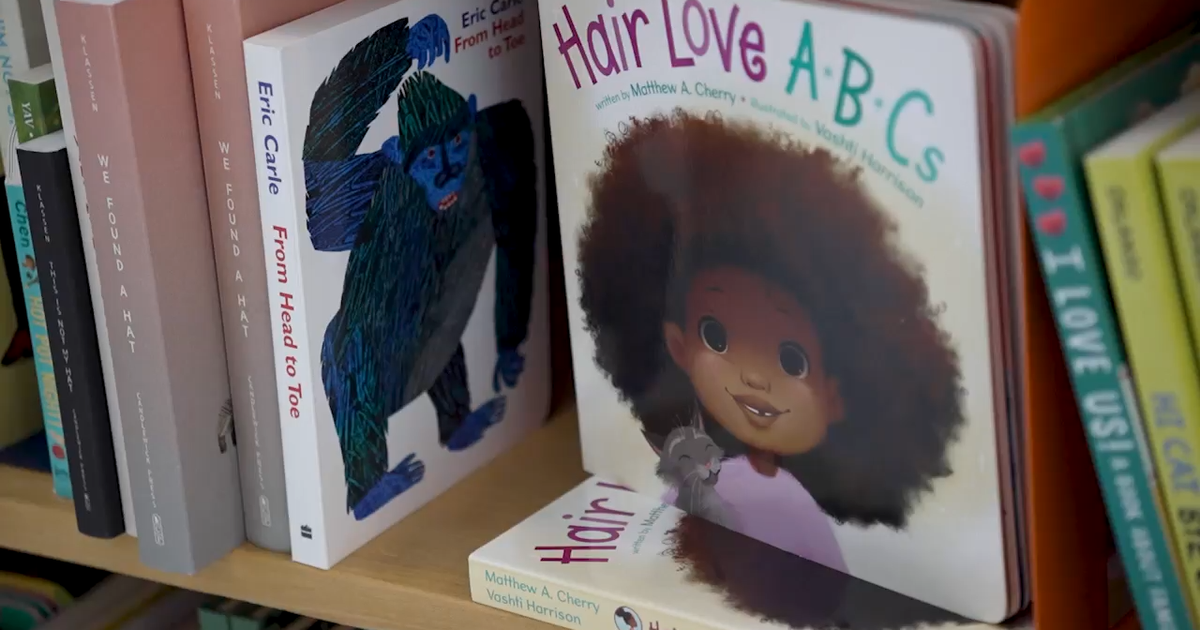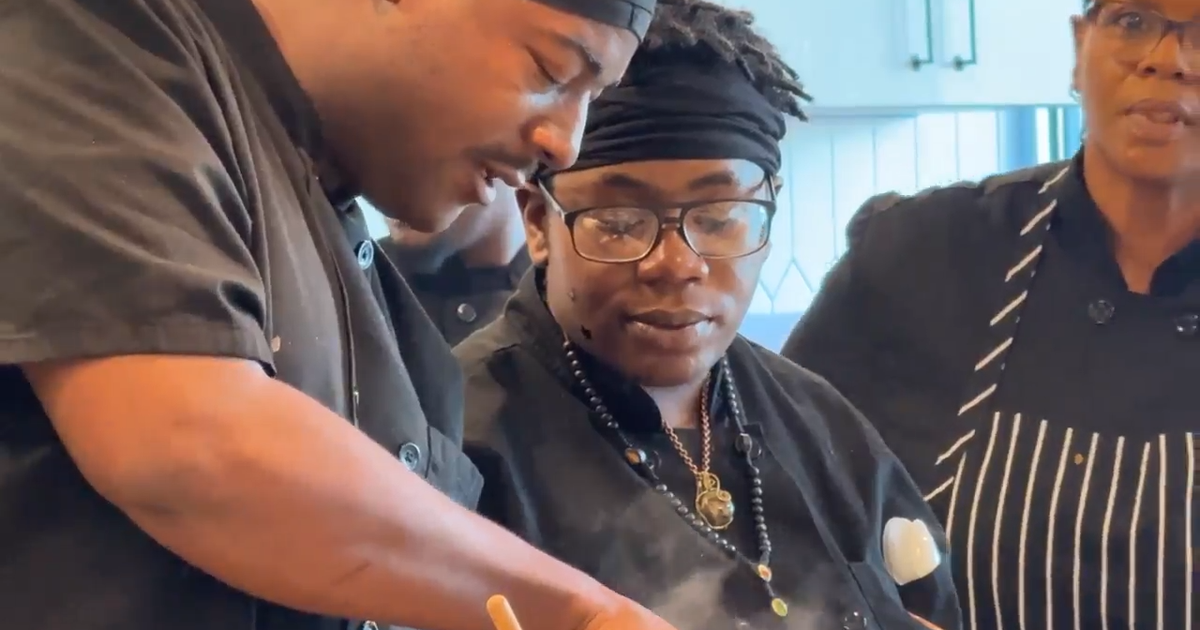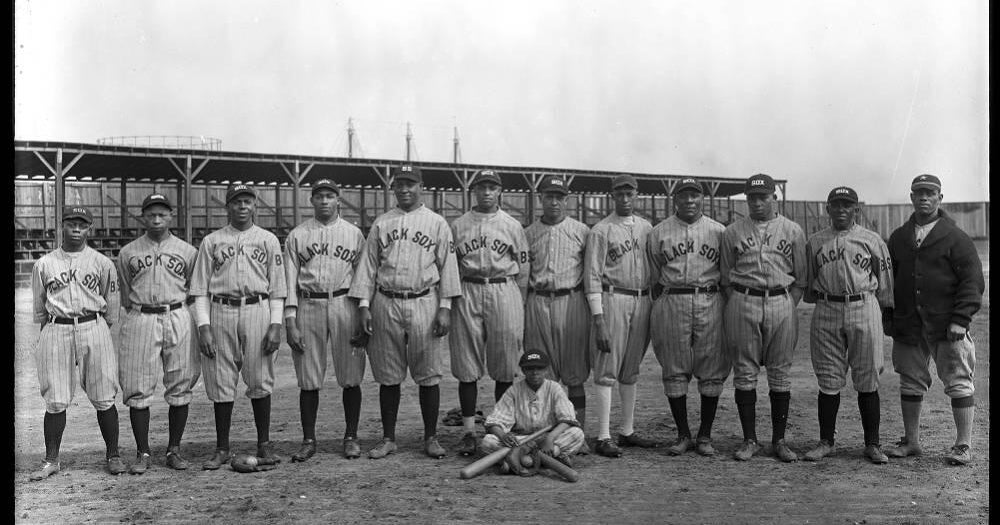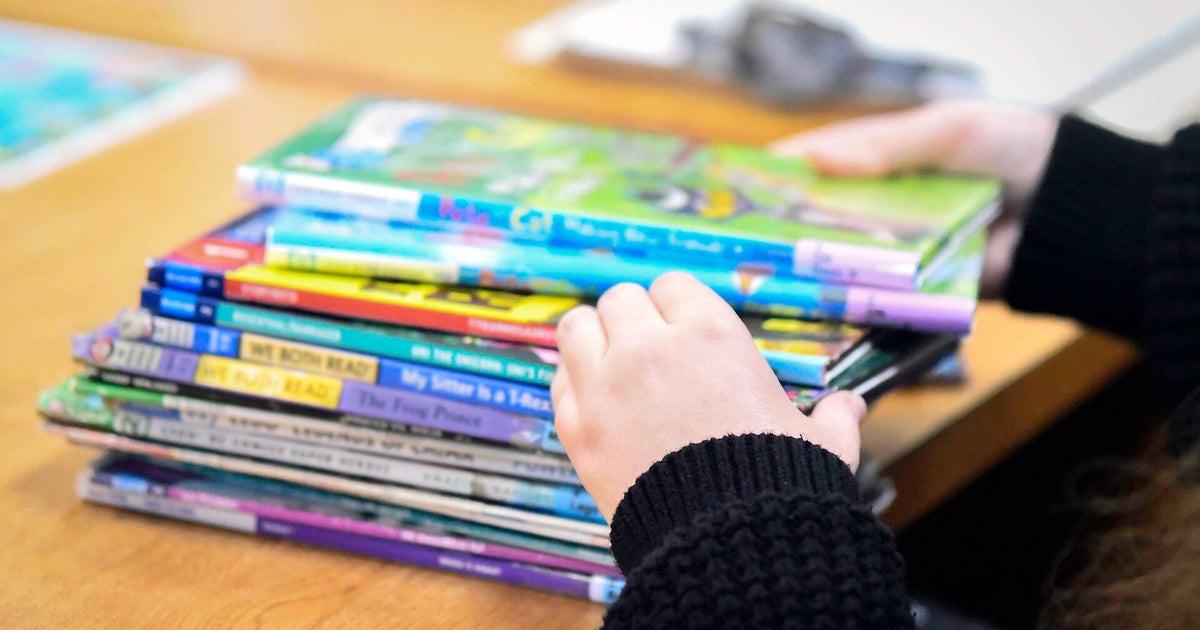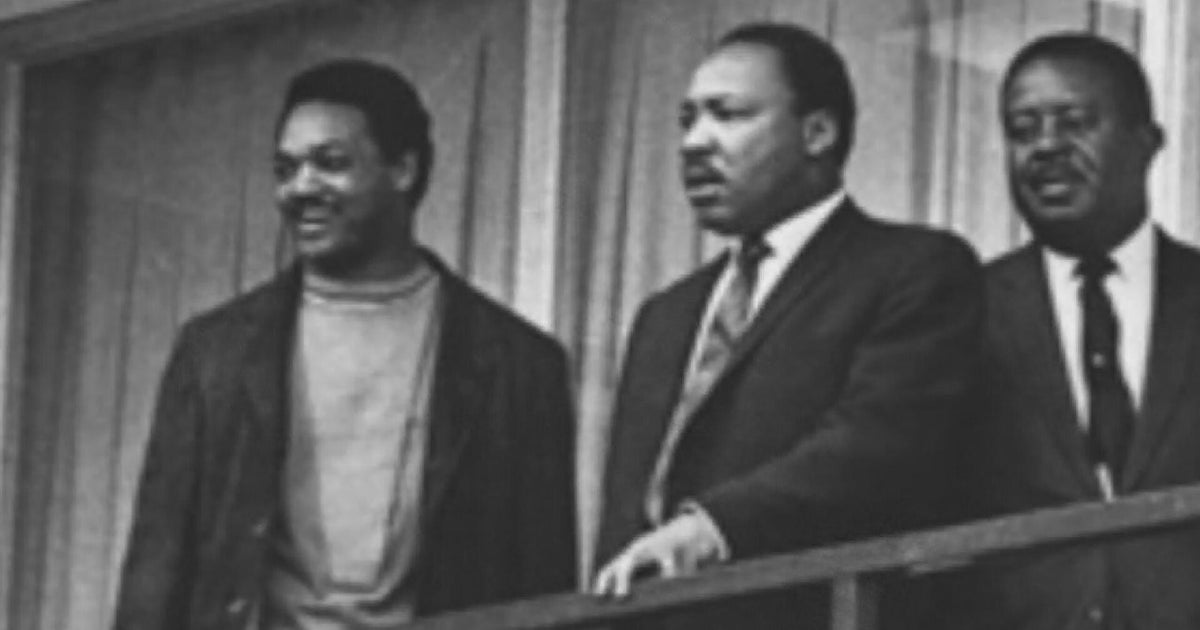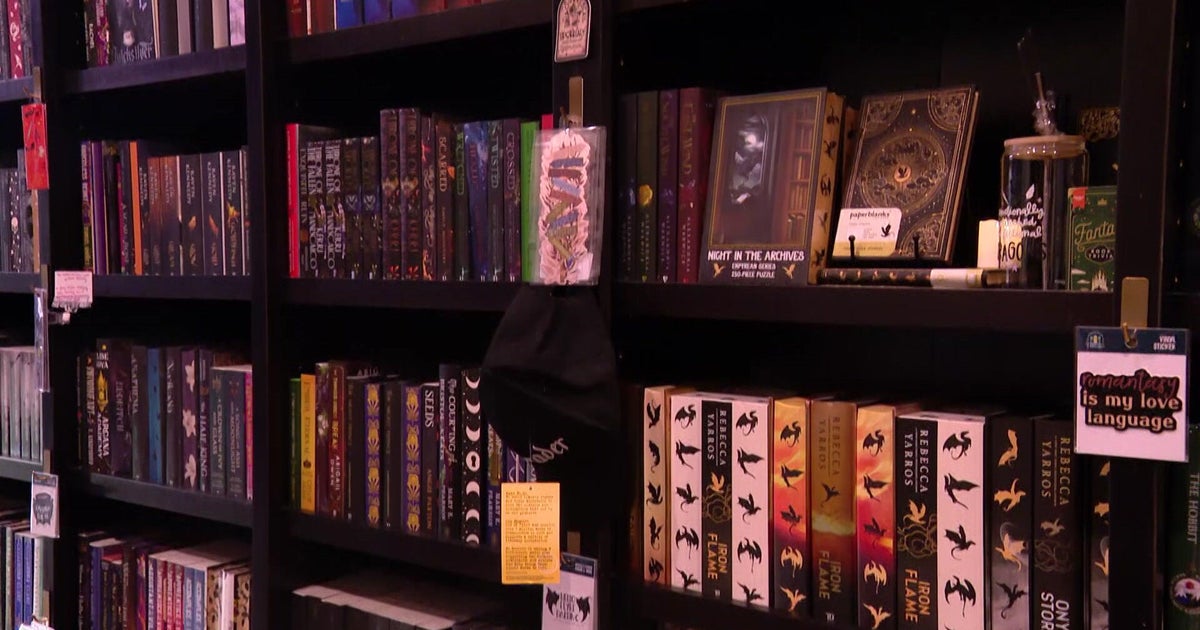Controversial Book Asks 'Is Marriage for White People?'
(CBS) -- The single life is a challenge for many people – dating and finding the right romantic partner are not easy. But for one segment of the population, it is even more difficult, according to a new and controversial book.
CBS 2's Jim Williams takes a look at "Is Marriage for White People?" by Stanford University professor Ralph Richard Banks.
Danielle Smith, 38, and Tiffiney Ross, 29, seem to have it all. They are attractive, well-educated and have successful careers. But we asked them, where are the men?
"That's what I keep asking myself every day," Smith said. "I don't know where they are."
We wondered what the dating scene was like for Ross.
"There isn't one," she said. "I'm dating absolutely no one."
They are not dating, so chances for marriage seem slimmer.
"I don't even think about meeting someone," Smith said. "That's how disillusioned I've become."
Smith and Ross, both African American, are not unusual according to the book "Is Marriage for White People?"
Stanford University Law professor Ralph Richard Banks writes black women are more than three times as likely to never marry as white women.
Why? Because Banks says the pool of black men available to them is smaller.
"Ten percent of black men are in prison," Banks said in an interview with CBS 2. "Black men have much higher unemployment rates; much higher school dropout rates than other groups."
And for black women in the middle class, meeting the right man can be an even bigger challenge.
"Twice as many black women as black men graduate from college and that shapes the relationship market for all of them," Banks says.
Women like Danielle and Tiffiney say they want to find men who are similar to them.
"I want to spend, you know, time with someone who will talk to me and share my interests," said Smith.
Banks has what some call a controversial opinion to give black women a better chance of finding a mate. He says they should be open to dating men who are not African American or they could risk facing life alone.
"That means to bypass all the things that one might want to do in life, to accept that one cannot have the home the family and the children and the husband that one wants because black men are doing poorly," said Banks.
Banks points out another challenge to black women. African American men tend to be more open than black women are to dating outside their race. As for Danielle Smith and Tiffiney Ross, they have differing thoughts on dating men who aren't black.
"I figure why not be open to it," said Smith. "Why not try something else?"
Ross is firm about dating and marrying in her race.
"It will happen," said Ross. "It's within the realm of possibility for me."
Williams says that many African American women he has spoken with say even if they're willing to date outside their race, their experiences have told them many non-black men are not always interested in them.
Still, Banks urges African American women to keep an open mind to increase their chances of finding a suitable partner.

